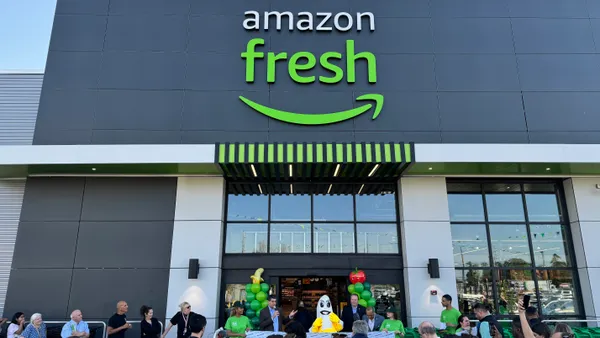WASHINGTON — Employers bear significant responsibility in solving the opioid epidemic currently affecting some 2.1 million U.S. citizens, U.S. Surgeon General Jerome M. Adams told an audience of employer-sponsored healthcare benefit stakeholders Thursday.
Adams, a headline speaker at the National Business Group on Health (NBGH)'s Business Health Agenda 2018, challenged employers to take a bigger stand on community health. The nation's leading spokesperson on public health issues said that those in the private sector have access to actionable items that government does not.
"I encourage you to think not only about how you can have an impact on the health not only of your employees, but on their families and your communities," Adams said, adding that employers can act as "conveners" who build bridges between law enforcement as well as community and faith-based organizations to drive change.
The personal crisis of opioid addiction became a common theme throughout the session, underscored by one of Adams' data points: two to three people, statistically speaking, would die of opiate-induced disease during the nearly one-hour length of his talk alone. He stressed that employers should consider their role in creating an environment in which "the healthy choice is the easy choice."
WH's @Surgeon_General: "We can't rely on 911 to get out of this opioid epidemic."
— Ryan Golden (@RyanTGolden) April 19, 2018
Previous research has shown that as many as 71% of employers have been affected by prescription drug abuse, while one study estimates that 4 in 10 opioid addicts are insured under the health plans of large employers. Adams said those who take prescription opiates may not even realize they are taking this class of drugs, and that employers make the problem worse by not offering coverage of FDA-approved addiction medications.
"Right now, you're not making the healthy choice, the right choice, the financially prudent choice, the easy choice with your benefit plans," Adams said.
Adams did, however, point to features of employer wellness plans and health plans that could help address the problem, including access to long-term care and recovery support groups. Employers, he said, could also address prescriptions at their source, pushing PMBs to discuss a three-day limit on opiates and to talk with plan administrators to ensure in-network doctors are following U.S. Centers for Disease Control and Prevention guidelines on the issue.
Eventually, the Surgeon General argued, a healthier environment will encourage better drug consumption behavior and even shift consumer demand, which will in turn encourage research and development investment in opiate alternatives.
"We all have threats we're facing," Adams said. "We can work together to save community health ... and improve our bottom lines."












